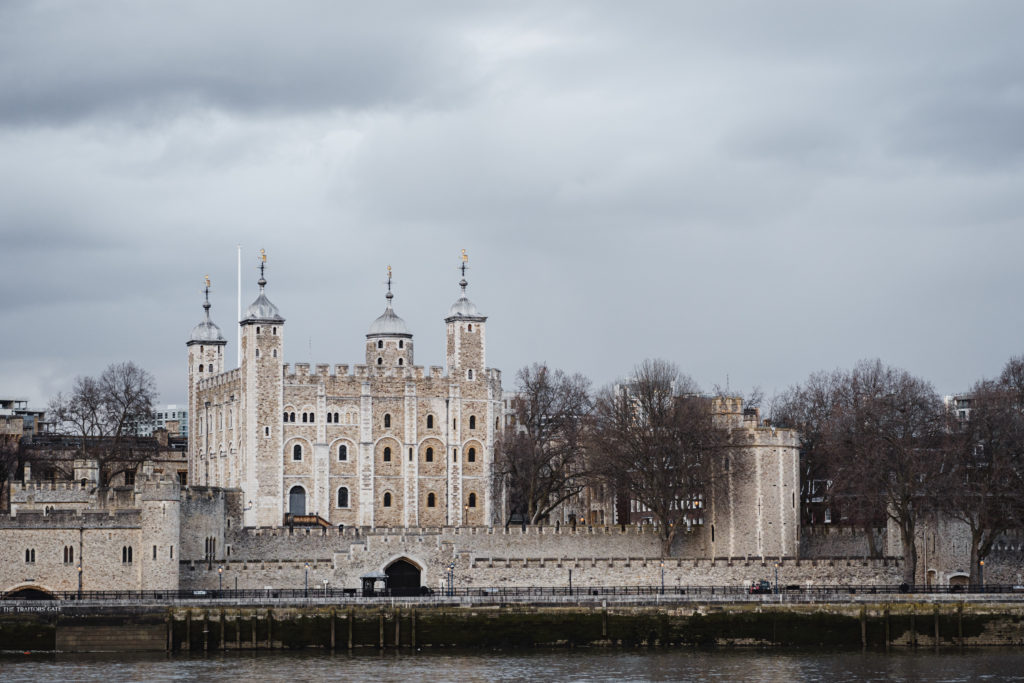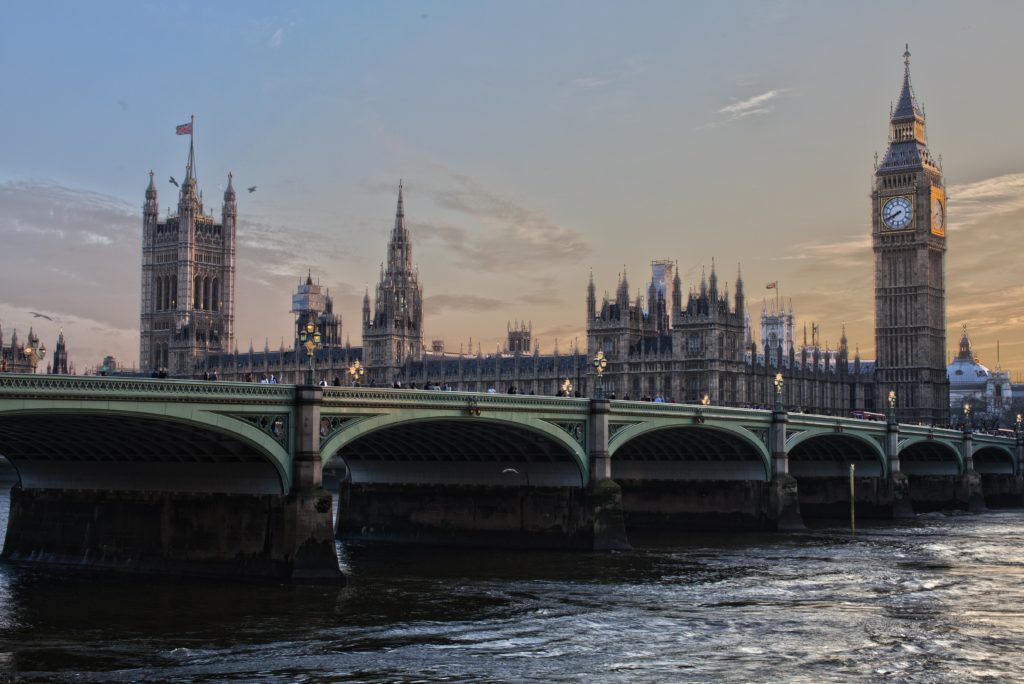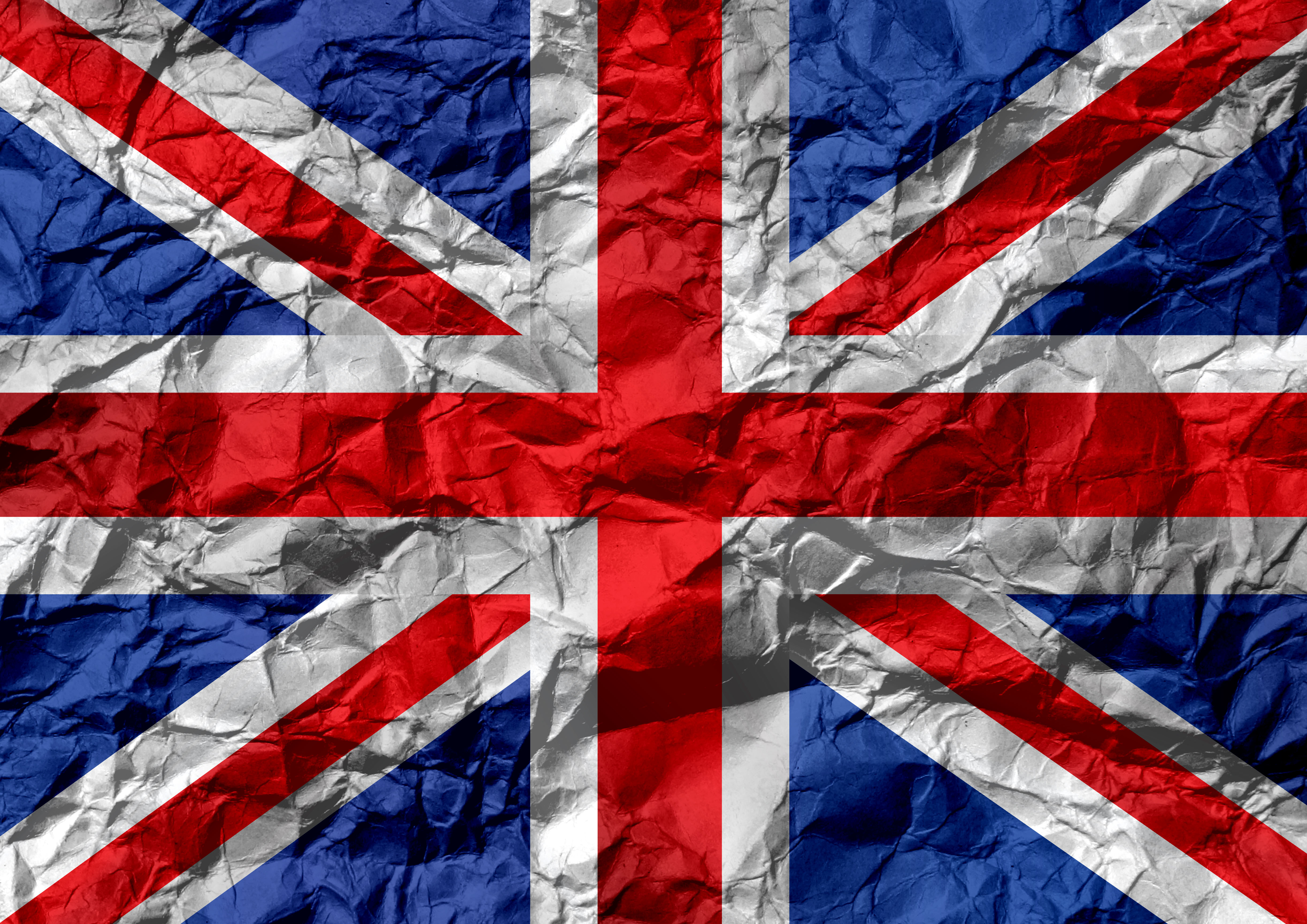Today we take some time off our usual legal articles and pay our respects to Queen Elizabeth of the United Kingdom. Queen Elizabeth was a great monarch that governed the Commonwealth and saw much of its colonies leave the hands of the United Kingdom at the end of World War II (including Singapore). In Singapore, places that have she has left her mark on include, but not be limited to, Queenstown where the place was named after her coronation in 1953[1]. The roads in Queenstown are named after places in Scotland where she had her childhood.
We mourn her passing and note that she had successfully welcomed 15 prime ministers of the United Kingdom (including PM Liz Truss) and thereafter passed away a few days after. Queen Elizabeth guided the country from a period where the British Flag never sets (due to its empire that span the globe) to a small medium size European country. Truly we will always have her in our hearts.

On this topic, some people have always wondered what role does a sovereign play under the laws of England and Wales and this article will explain a bit of legal history for those history buffs that always wondered how things came to be. This article is a really short summary as the legal history and jurisprudence in this area goes on into pages and pages in our legal textbooks.
The Development of Common Law and Equity
In the early days, the King had absolute power so if the King ordered someone to be put to death, no one could resist his order. However, the issue was that the King could only be located in one place at one time so he could not enforce his law throughout his realm.
So during the Norman Conquests, the king decided to form a bench of judges who after being trained, would go around the country in circuit to hear cases and ensure that the King’s law is enforced in a “Common manner” so thus the name common law was created. Common law brings with it the concept of “Stare Decisis” which means previous case law by a superior court in the same jurisdiction will bind a lower court so this achieves judicial finality. When the British went global during the colonial days, such system of law reached Singapore shores.
Equity on the other hand was developed from the English Court of Chancery which tried to impute natural justice into the legal system. During the period of 12th and 13th Centuries, the common law courts needed legal applications to be made via the writ system which became very rigid and many litigants petitioned the King to help them get justice. The King then asked the King’s Chancellor (as the King’s conscience) to hear such petitions.
The Magna Carta
This is a very important legal document which enshrined the basis for rights of the people against the sovereign. It promised the protection of church rights, protection for the barons from illegal imprisonment, access to swift justice, and limitations on feudal payments to the Crown, to be implemented through a council of 25 barons[2]. This was agreed to by King John of England after a battle defeat at the hands of his barons who were rebelling and this document later led to the parliamentary democracy and Westminster form of government of the United Kingdom.
Another fun fact to note that after the Magna Carta was signed, barons could not be falsely imprisoned in the Tower of London after that. The Kings loved to throw their political prisoners into the Tower of London prior to that to live for the rest of their lives and this was done without trial. This is also one reason why the Chinese government does not like any mention of the Magna Carta as the spirit of this document is against unlawful detention (Click here for more information on this point)

Application of English Law Act
So all is well and good so assuming we agree that Singapore imported UK law, so how do we know what from the UK Law was imported and what was not and when is the cut-off date? The answer is in the Application of English Law Act of 1993[3] which sets out which English law is applicable in Singapore.
It is interesting to note that it points to 12 November 1993 as the effective date whereby the common law of England (including the Principles and rules of Equity) continue to be part of the law of Singapore.
It also states that the UK Law can be modified for the circumstances of Singapore and its inhabitants.

What is next for the Commonwealth with the Queen’s passing?
Overnight all the Queen’s Counsels across the common law world now need to change their titles to King’s Counsels and this is done across name cards, doors, printed materials and websites. What a massive change but we await the Coronation of the new King of England and The Protector of the Faith (his honorific title).
What about Singapore?
Singapore as a member of the Commonwealth of nations will fly its flags on all government buildings at half-mast on the day of the funeral as a sign of respect.
We at https://www.SingaporeLegalPractice.com wish to express our deepest condolences to the royal family on the Queen’s passing. Do leave your comments below on what you remember about the Queen and her impact on your life. Do also share our article with your friends and ask them to subscribe for our newsletter if you like our content. Thanks!
Click here to speak to a specialist Corporate Law Practitioner today to advise you on your corporate transaction today. The corporate law team has acted for a diversified client base including transactions involving several hundred startups across the startup eco-system in Singapore and for private equity fund deals and is well placed to help you in your corporate transactions.
[1] https://thenewageparents.com/things-you-didnt-know-about-queenstown/
[2] https://en.wikipedia.org/wiki/Magna_Carta
[3] https://sso.agc.gov.sg/Act/AELA1993
Signup for our website newsletter to be updated on the latest in Singapore law!

